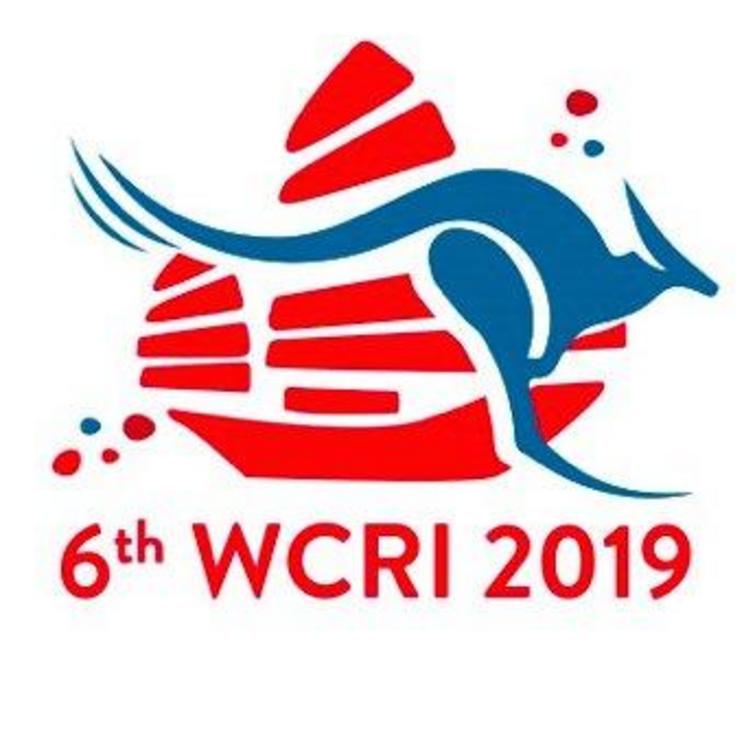What integrity?
Even potential participants of a research integrity conference commit plagiarism, organizers learn
One would hope that researchers submitting abstracts for a meeting on research integrity would be less likely to commit research misconduct. But if the experience of the 6th World Conference on Research Integrity is any indication, that may not be the case. Here, the co-organizers of the conference — Lex Bouter, Daniel Barr, and Mai Har Sham — explain.
Recently the 430 abstracts submitted for the 6th World Conference on Research Integrity (WCRI) were peer reviewed. After an alarming report of apparent plagiarism from one of the 30 reviewers, text similarity checking was conducted on all the abstracts received using Turnitin. This identified 12 suspected cases of plagiarism and 18 suspected cases of self-plagiarism. Abstracts with a Turnitin Similarity Index above 30% (ranging from 37% to 94%) were further assessed and labelled as potential self-plagiarism if overlapping texts had at least one author in common.
We did not investigate the 18 cases of suspected self-plagiarism further, but decided to exclude them from oral presentation and to consider them as eligible for poster presentation only. In the call for abstracts we did not say that submissions should contain work that had not been presented or published before. Furthermore, the abstract form did not allow for references to earlier presentations or publications. For future conferences we will explicitly ask whether the work is novel and to provide references to earlier presentations or publications. We do not believe that novelty is an absolute condition for eligibility as there may be good reasons to present important work to different audiences or to present important work that has recently been published but might have escaped being noticed.
Of the submitters of the 12 cases of suspected plagiarism, 6 had also applied for a travel grant. The reviewers – who were not informed about the results of the text similarity check – recommended 5 of the 12 abstracts with suspected plagiarism for rejection because of being out of the scope or of low quality. Ironically 2 of the abstracts had plagiarism as its topic. We demanded an explanation from all presenters of suspected plagiarized abstracts and decided to reject the abstracts if no credible explanation would be provided. No reply was received from 6 while 1 abstract was withdrawn without any explanation. Two submitters were a married couple and said that they had permission to re-use the work that the other had presented at the 5th WCRI. In one case the technical staff was blamed. One submitter explained that the abstract concerned the final results of a study of which the preliminary findings were presented by the same author and got a poster prize at the 5th WCRI. Another one made clear that the duplicated text came from their own earlier publication. We considered these last 2 explanations to be acceptable and relabelled both as suspected self-plagiarism. All other 10 abstracts suspected of plagiarism were rejected.
So the final diagnosis is that we had a bit more than 2% suspected plagiarism and somewhat less than 5% suspected self-plagiarism. It’s clear that plagiarism is not permissible. The importance of avoiding self-plagiarism is less obvious. The recently revised Netherlands Code of Conduct on Research Integrity labels it as a questionable research practice if it’s more than reuse on a small scale or of introductory passages and descriptions of the method applied. A conference abstract is not necessarily considered ‘published material’ but may be treated as ‘working paper’ with continuous improvement until the work is finally published. We do not know how often largely identical abstracts are submitted by their authors to multiple conferences, but we believe that if that happens it should be disclosed to reviewers and conference participants.
Somewhat sadder and wiser we have to conclude that potential participants of a research integrity conference are not immune for at least one form of research misbehaviour.
Note: Retraction Watch is a collaborating media outlet for the WCRI. Our coverage of any news from the meeting is independent of this collaboration.

